“Serbia’s progress on EU pathway depends on Kosovo”
Serbia's progress in the EU integration directly and exclusively depends on the resolution of the Kosovo issue, Deputy PM Suzana Grubješić told Novi magazin.
Thursday, 13.12.2012.
12:15

BELGRADE Serbia's progress in the EU integration directly and exclusively depends on the resolution of the Kosovo issue, Deputy PM Suzana Grubjesic told Novi magazin. She reiterated that it was clear that policy could not be led on two separate tracks - one for the EU and another for Kosovo, because they were intertwined and had became one. “Serbia’s progress on EU pathway depends on Kosovo” "This means that Serbia's progress in the EU integration directly and exclusively depends on the resolution of the Kosovo issue. Anyone who does not believe that can look at the conclusions of the European Council meeting in which the date for the beginning of negotiations directly connected to the continuation of the dialogue and normalization of relations between Belgrade and Pristina," she explained. Grubjesic also pointed out, that this did not mean that Serbia was giving up the protection of the legitimate interests of Serbs in Kosovo or that it would recognize the independence of Kosovo. "Asking Serbia to recognize Kosovo's independence is a bad and unacceptable message of some European officials, especially bearing in mind that five EU member states have not done so, and that Serbia has not yet started accession negotiations," said the deputy prime minister. According to her, the government has in the first four months showed flexibility and rationality, primarily by implementing all the agreements from the technical dialogue and especially by opening a political dialogue with Kosovo Albanians, which has not existed in the last three decades. "Prime Minister Ivica Dacic did not wait to leave the power to shake hands with (Kosovo PM) Hashim Thaci and he did it at the start of his term instead. And he did not cause the sky to fall on Serbia after that because everyone is aware that without the dialogue there is no agreement or certainty for the survival of Serbs in Kosovo," she was quoted as saying. When asked what normalization of relations with Pristina exactly meant, Grubjesic said that this did not imply recognition of Kosovo's independence and that all sides in the dialogue were aware of that. “However, the normalization of relations includes implementation of the agreements on stamps, cadastres, civil registries, diplomas, and everything that could in any way facilitate the daily life of people in Kosovo. Normalization is also the opening of the political dialogue, and implementation of the agreement on integrated management of crossing points. Normalization is also the search for a solution for north Kosovo, property issues, and return of expelled Serbs and other non-Albanians,” she told the weekly. Speaking about the regional cooperation, the deputy prime minister said that this was an important aspect of the EU integration process and that it was understood that Serbia should cooperate with all neighboring states. Grubjesic, however, underlined that Serbia was struck by the decision of the Hague Tribunal to acquit Croat Generals Ante Gotovina and Mladen Markac because it was shameful and scandalous, and noted that it had triggered an explosion of nationalism in Croatia. “I am proud of the fact that Serbia, the way it is - imperfect and incomplete, is still the only multiethnic state in the region where 26 nations live and exercise their rights,” she said. “I do not have a problem with facing the past, but I have a problem with the fact that even 17 years after Flash and Storm (Croatian military-police actions in 1995) it is unknown who killed and expelled Serbs from Croatia. I understand that every nation has its distorted mirror and its version of the past, but it is difficult for me to understand that the justice that is being delivered by the Hague Tribunal is so selective and one-sided,” Grubjesic pointed out. She did not want to speculate about the dates for any phase of Serbia's EU accession. “It is unlikely that we will get a date for the beginning of the talks before spring 2013, but we were right to expect that on December 10 the Council will recognize both Serbia's efforts and progress in the normalization of relations with Pristina,” the deputy prime minster noted. Suzana Grubjesic (B92, file) Tanjug
“Serbia’s progress on EU pathway depends on Kosovo”
"This means that Serbia's progress in the EU integration directly and exclusively depends on the resolution of the Kosovo issue. Anyone who does not believe that can look at the conclusions of the European Council meeting in which the date for the beginning of negotiations directly connected to the continuation of the dialogue and normalization of relations between Belgrade and Priština," she explained.Grubješić also pointed out, that this did not mean that Serbia was giving up the protection of the legitimate interests of Serbs in Kosovo or that it would recognize the independence of Kosovo.
"Asking Serbia to recognize Kosovo's independence is a bad and unacceptable message of some European officials, especially bearing in mind that five EU member states have not done so, and that Serbia has not yet started accession negotiations," said the deputy prime minister.
According to her, the government has in the first four months showed flexibility and rationality, primarily by implementing all the agreements from the technical dialogue and especially by opening a political dialogue with Kosovo Albanians, which has not existed in the last three decades.
"Prime Minister Ivica Dačić did not wait to leave the power to shake hands with (Kosovo PM) Hashim Thaci and he did it at the start of his term instead. And he did not cause the sky to fall on Serbia after that because everyone is aware that without the dialogue there is no agreement or certainty for the survival of Serbs in Kosovo," she was quoted as saying.
When asked what normalization of relations with Priština exactly meant, Grubješić said that this did not imply recognition of Kosovo's independence and that all sides in the dialogue were aware of that.
“However, the normalization of relations includes implementation of the agreements on stamps, cadastres, civil registries, diplomas, and everything that could in any way facilitate the daily life of people in Kosovo. Normalization is also the opening of the political dialogue, and implementation of the agreement on integrated management of crossing points. Normalization is also the search for a solution for north Kosovo, property issues, and return of expelled Serbs and other non-Albanians,” she told the weekly.
Speaking about the regional cooperation, the deputy prime minister said that this was an important aspect of the EU integration process and that it was understood that Serbia should cooperate with all neighboring states.
Grubješić, however, underlined that Serbia was struck by the decision of the Hague Tribunal to acquit Croat Generals Ante Gotovina and Mladen Markač because it was shameful and scandalous, and noted that it had triggered an explosion of nationalism in Croatia.
“I am proud of the fact that Serbia, the way it is - imperfect and incomplete, is still the only multiethnic state in the region where 26 nations live and exercise their rights,” she said.
“I do not have a problem with facing the past, but I have a problem with the fact that even 17 years after Flash and Storm (Croatian military-police actions in 1995) it is unknown who killed and expelled Serbs from Croatia. I understand that every nation has its distorted mirror and its version of the past, but it is difficult for me to understand that the justice that is being delivered by the Hague Tribunal is so selective and one-sided,” Grubješić pointed out.
She did not want to speculate about the dates for any phase of Serbia's EU accession.
“It is unlikely that we will get a date for the beginning of the talks before spring 2013, but we were right to expect that on December 10 the Council will recognize both Serbia's efforts and progress in the normalization of relations with Priština,” the deputy prime minster noted.










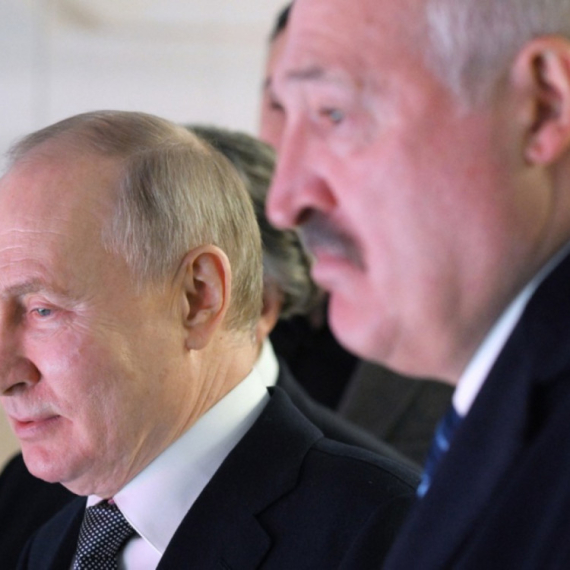





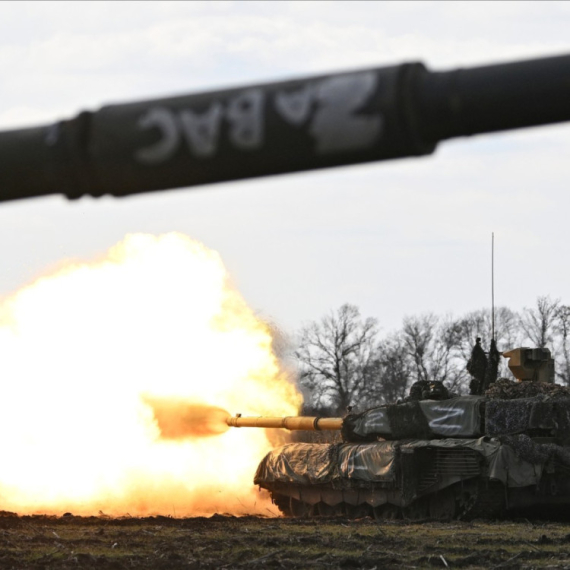
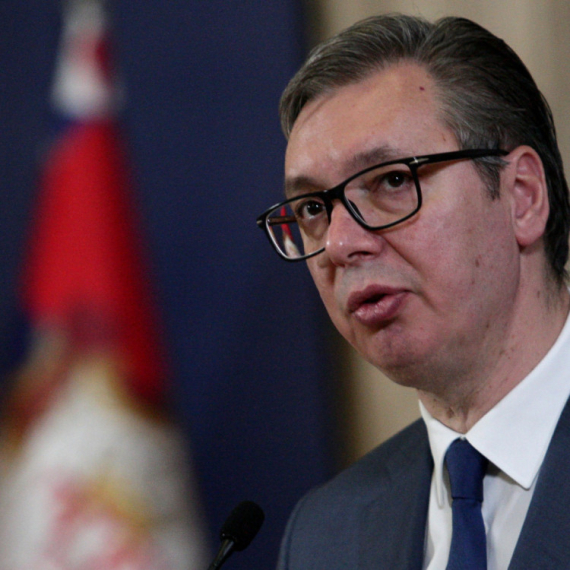
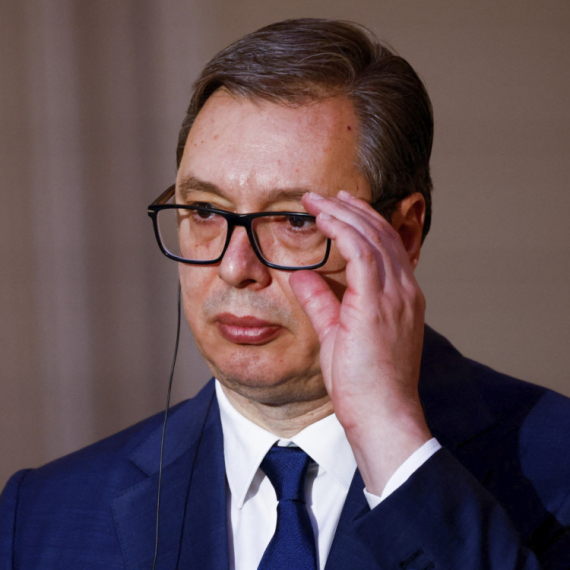




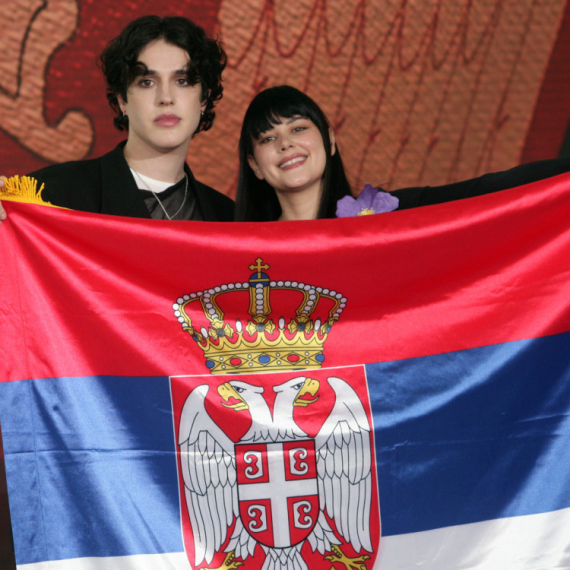

























Komentari 10
Pogledaj komentare